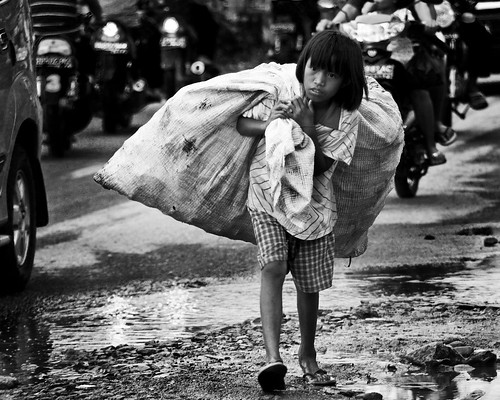Are the poor more selfish?
.No, they’re nicer:
Lower social class (or socioeconomic status) is associated with fewer resources, greater exposure to threat, and a reduced sense of personal control. Given these life circumstances, one might expect lower class individuals to engage in less prosocial behavior, prioritizing self-interest over the welfare of others. The authors hypothesized, by contrast, that lower class individuals orient to the welfare of others as a means to adapt to their more hostile environments and that this orientation gives rise to greater prosocial behavior. Across 4 studies, lower class individuals proved to be more generous (Study 1), charitable (Study 2), trusting (Study 3), and helpful (Study 4) compared with their upper class counterparts. Mediator and moderator data showed that lower class individuals acted in a more prosocial fashion because of a greater commitment to egalitarian values and feelings of compassion. Implications for social class, prosocial behavior, and economic inequality are discussed.
Source: “Having less, giving more: The influence of social class on prosocial behavior.” from Journal of Personality and Social Psychology, Vol 99(5), Nov 2010, 771-784.
Join 25K+ readers. Get a free weekly update via email here.
Related posts:
What 10 things should you do every day to improve your life?
What do people regret the most before they die?
What five things can make sure you never stop growing and learning?





